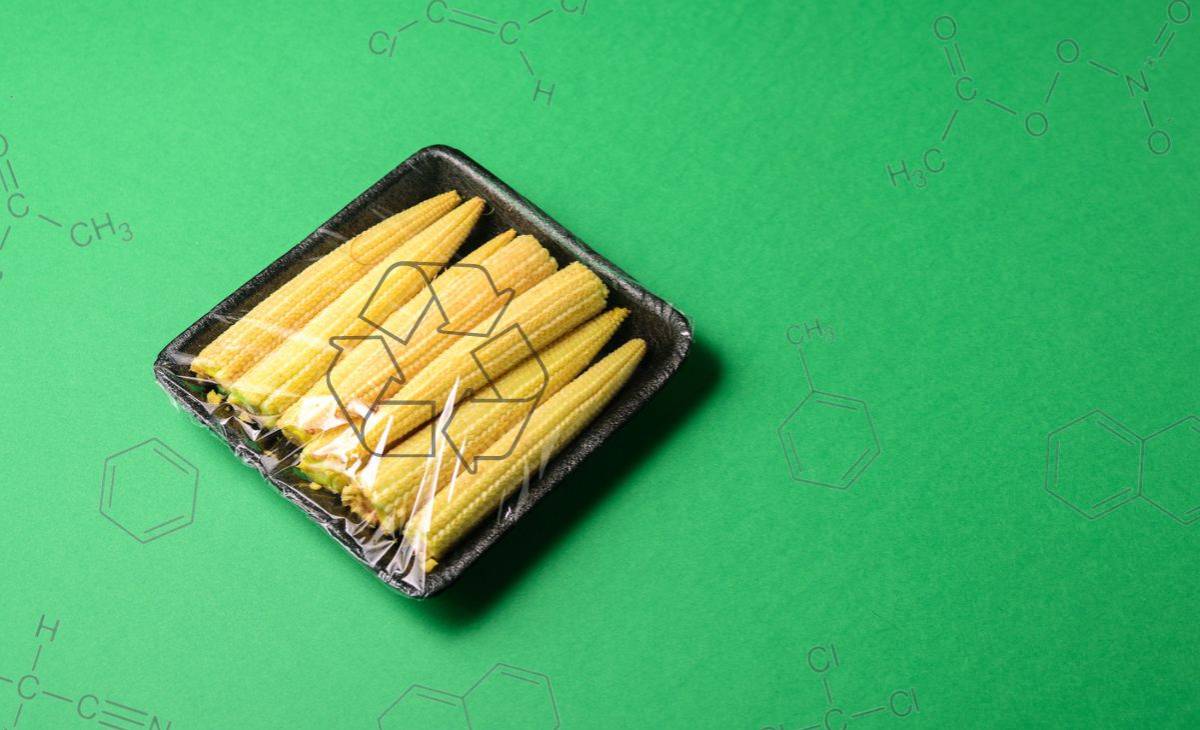Recycled and reusable plastic used in food packaging releases hazardous chemicals, study says
A recent study conducted by Cambridge University researchers warns that recycled and reusable plastics used in food packaging, utensils, dishes, and other objects release hazardous chemicals, potentially posing significant health risks.
The researchers examined hundreds of scientific publications on plastics and concluded that these materials act as vectors for the spread of worrying chemicals, accumulating and releasing dangerous substances including styrene, benzene, bisphenol, heavy metals, formaldehyde, and phthalates.
Hazardous chemicals can accumulate in recycled material and then migrate into food products, leading to chronic human exposure. For example, polyethylene terephthalate (PET) plastic bottles have been cited as a common source of such contamination. The research also revealed that improving the recyclability of certain materials may inadvertently increase risks. Of the 853 chemicals identified in recycled PET plastics, many were discovered in the last two years, with antimony and acetaldehyde being the most frequently detected.
Furthermore, the study found that recycled plastics typically contain a higher number of volatile organic compounds (VOCs) than virgin plastics (respectively 573 and 461), likely due to the addition of chemicals during the recycling process, contamination of the recycling stream, or reactions between chemicals.
The review also noted widespread "illicit" recycling, in which the industry uses non-food plastics made with flame retardants and other toxic compounds in recycled food packaging.
A separate report by Greenpeace USA supports these findings, emphasizing that recycled plastics often contain higher concentrations of toxic chemicals, such as benzene and other carcinogens, compared to virgin plastics. These materials also contain numerous endocrine disruptors that can adversely affect the body's natural hormone levels.
As global UN treaty negotiations on plastics are underway in Paris from May 29 to June 2, these alarming revelations highlight the urgent need for stricter regulations and more thorough testing of chemicals in plastic materials. The studies emphasize the potential harm posed by recycled and reusable plastics to humans, animals, and the environment, calling for immediate action to address these concerns.
Sources:






















